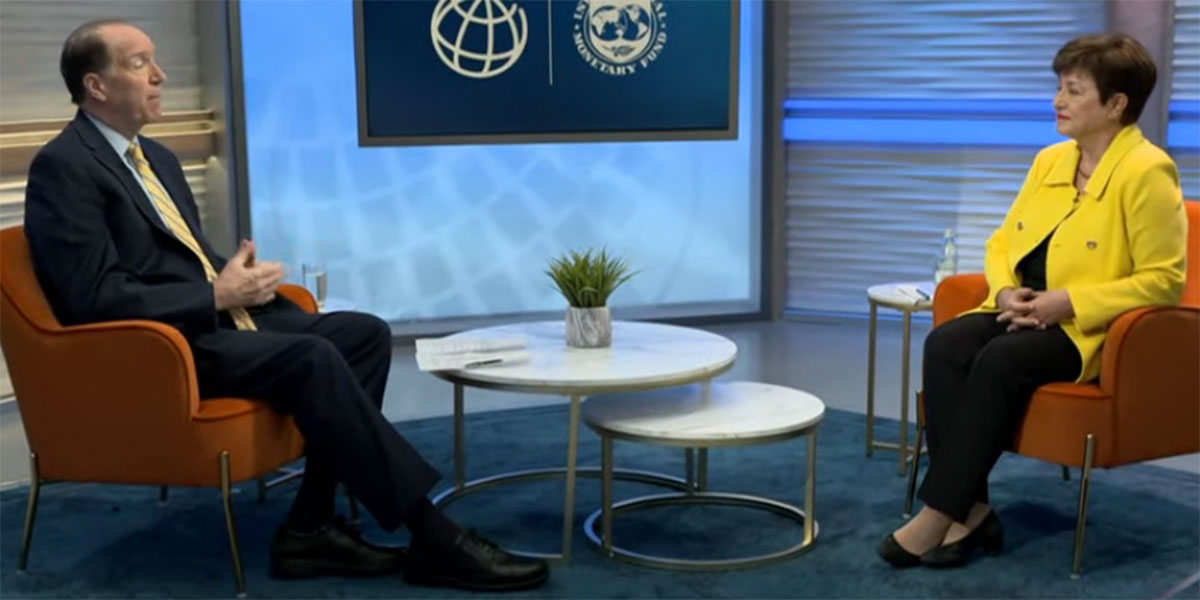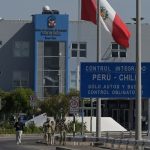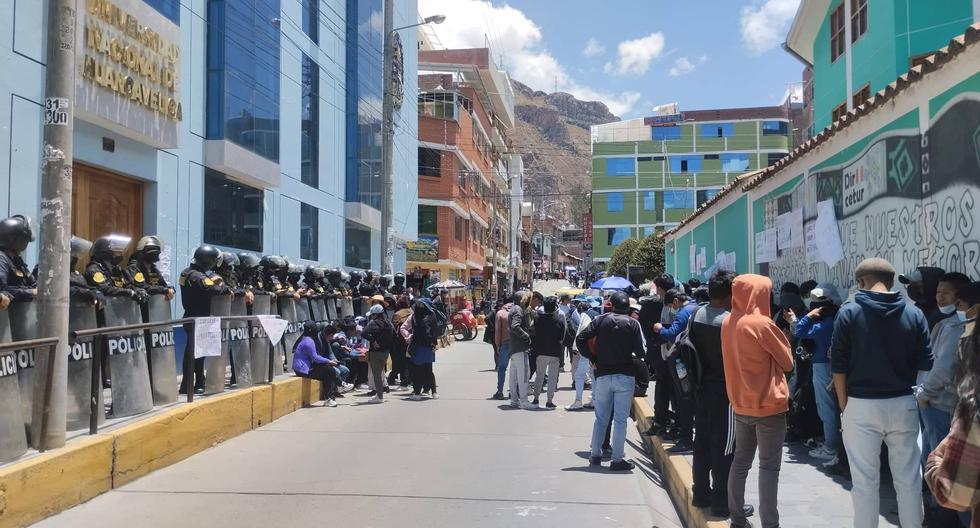The Annual Meetings of the IMF and the World Bank Group (WBG), which began yesterday, will be face-to-face. It is a new element, after the pandemic, but that element may be relegated to the background by another issue: interest rate hikes.
At the end of September the US Federal Reserve (Fed) raised it again, a direction that began 6 months ago by raising interest rates until inflation is controlled.
But it is an issue that continues to generate discussion in much of the world, because rate hikes have not put the brakes on inflation with the force that was expected. In fact, prices have not stopped rising.
In one country they climb more than in another, but ultimately, they have not remained static.
The most recent move by the FED increased the interest rate by 0.75 points, the fifth since March. And in doing so it was quite clear.
“We anticipate that further rate hikes will be appropriate in the future,” Fed Chairman Jerome Powell told a news conference in September, shortly after the rate hike was announced.
It has been the third consecutive three-quarter point and that continues to generate fears. Some fears that are transferred to other nations with which the United States has commercial relations.
Central banks around the world have been raising their main interest rates, in what has been seen by economists as the biggest tightening of monetary policy on record.
Some of those economics professionals have even issued a “warning” that the banks may be going too far, especially if their collective impact on global demand is not taken into account.
The World Bank itself has said that “the number of interest rate hikes announced by central banks around the world was the largest in July 2022, since records began, in the early 1970s.”
Indonesia, Norway, the Philippines, South Africa, Sweden, Switzerland, Taiwan and the United Kingdom also raised rates.
A little closer, in the American Continent, and especially in Latin America, the increases have been present in this proportion: Argentina raised the reference rate by 75.00%, Brazil (13.75%), Chile (10.75%), Uruguay ( 10.25%), Colombia (10.00%), Mexico (9.25%), Costa Rica (8.50%), Paraguay (8.50%), Republic. Dominican (8.25%), Peru (6.75%), Nicaragua (6.00%) and Guatemala (3.00%).
They have pushed rates above pre-Covid-19 pandemic levels. “Today’s danger … is not so much that current and planned measures will ultimately fail to control inflation,” Maurice Obslfeld, former chief economist at the International Monetary Fund (IMF), wrote in September in a note for the Peterson Institute. for International Economics, where he is a principal investigator.
“The danger is that collectively they go too far and lead the world economy into an unnecessarily harsh contraction,” he added, according to a publication on the Finte Chile portal.
Yesterday, the director of the International Monetary Fund, Kristalina Georgieva, warned that the risk of a global recession has risen and that the world has now entered a time of “fragility and volatility”.
According to the executive’s calculations, about a third of the world economy would have at least two consecutive quarters of negative growth this year or next year.
Georgieva’s vision and what Malpass thinks
The director of the IMF spoke of the risk of a recession in a talk in which she was accompanied by the president of the World Bank (WB), David Malpass, which marked the beginning of the 2022 Annual Meetings of both organizations in Washington, where the main leaders experts will discuss the world economic perspectives until Sunday 16.
Malpass warns that developing countries’ debt levels are “becoming increasingly onerous” and that rising interest rates add weight to the seriousness of the situation, as do high rates of inflation.
“With 70 million more poor people, the latest World Bank analysis shows, and a 4% reduction in median income, our goal of shared prosperity is not happening and development reversals are occurring,” Malpass added.
Kristalina Georgieva, in a presentation at Georgetown University, Washington, DC, on October 6, had already made other proposals.
“Our global economy is like a ship in troubled waters. Therefore, we need all the wisdom at our disposal to stabilize the ship and bring it to a safe port, ”he told the large audience that listened to him.

















